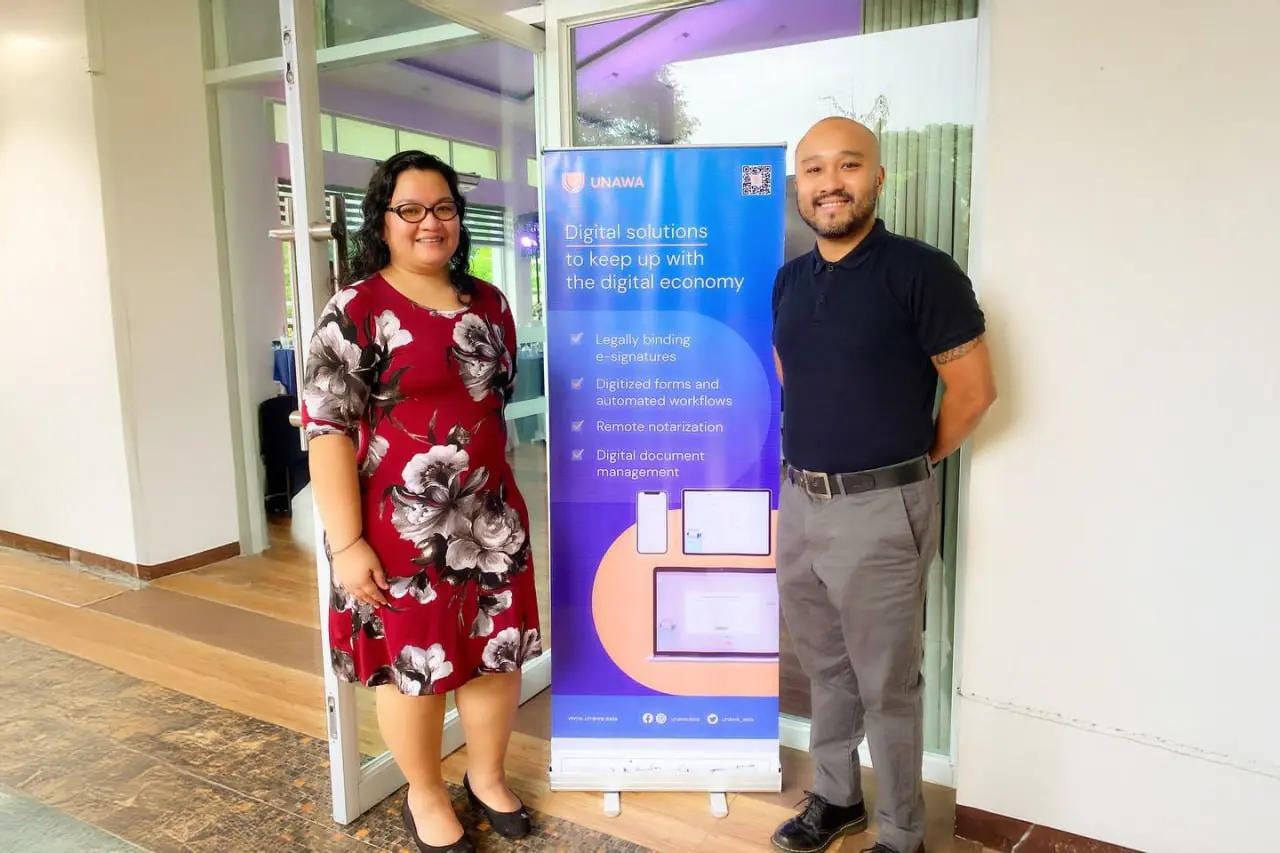
Electronic notarization is critical in ensuring the authenticity and integrity of documents in the Philippines. Notarization converts private records into public ones by certifying documents, making them admissible as evidence in legal proceedings without requiring further proof of authenticity. However, despite the increasing global shift toward digital solutions, the country continues to rely on paper-based notarization.

The passage of the Electronic Commerce Act in 2000 empowered the Supreme Court to establish an electronic notarization framework. More than two decades later, the nation still lacks a fully implemented system for e-notarization. The COVID-19 pandemic temporarily pushed remote notarization into the spotlight, allowing notaries to authenticate documents via video conferencing. However, these emergency measures lapsed once the government lifted the national emergency, forcing a return to traditional, in-person notarization.
Implementing electronic notarization in the Philippines would bring numerous advantages. A digital notarization process would streamline document authentication, making transactions faster and more efficient. This system would also enhance security and transparency, reducing fraud and corruption risks. Additionally, electronic notarization aligns with the government’s broader efforts to promote digital transformation and improve public services.
Recent developments indicate progress toward adopting electronic notarization in the Philippines. As a regulatory tech innovator, UNAWA advocates for modern, secure, and efficient digital solutions that empower businesses and individuals to transact seamlessly. Implementing electronic notarization will mark a significant step in the country’s legal and digital transformation journey, providing greater accessibility and reliability for all stakeholders.